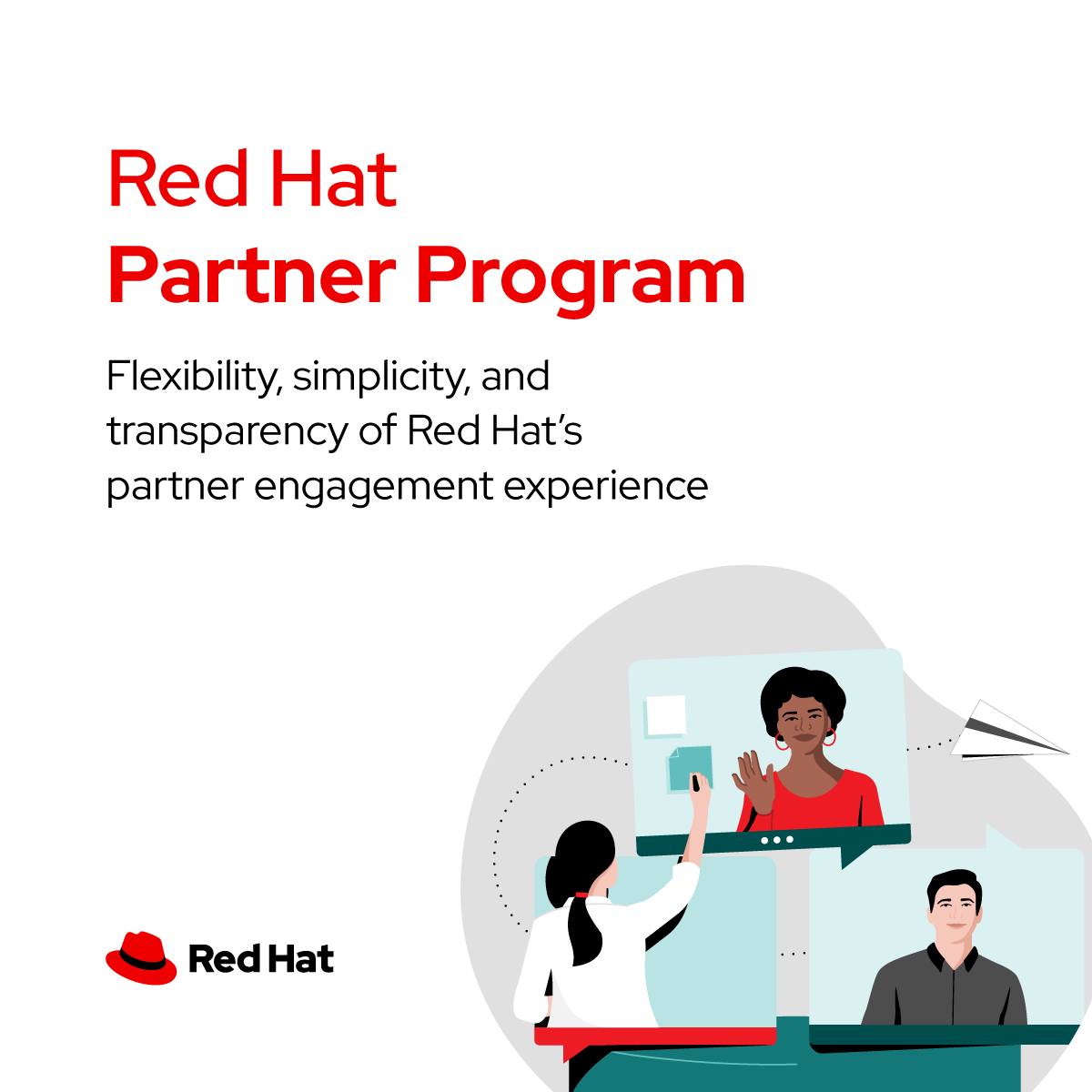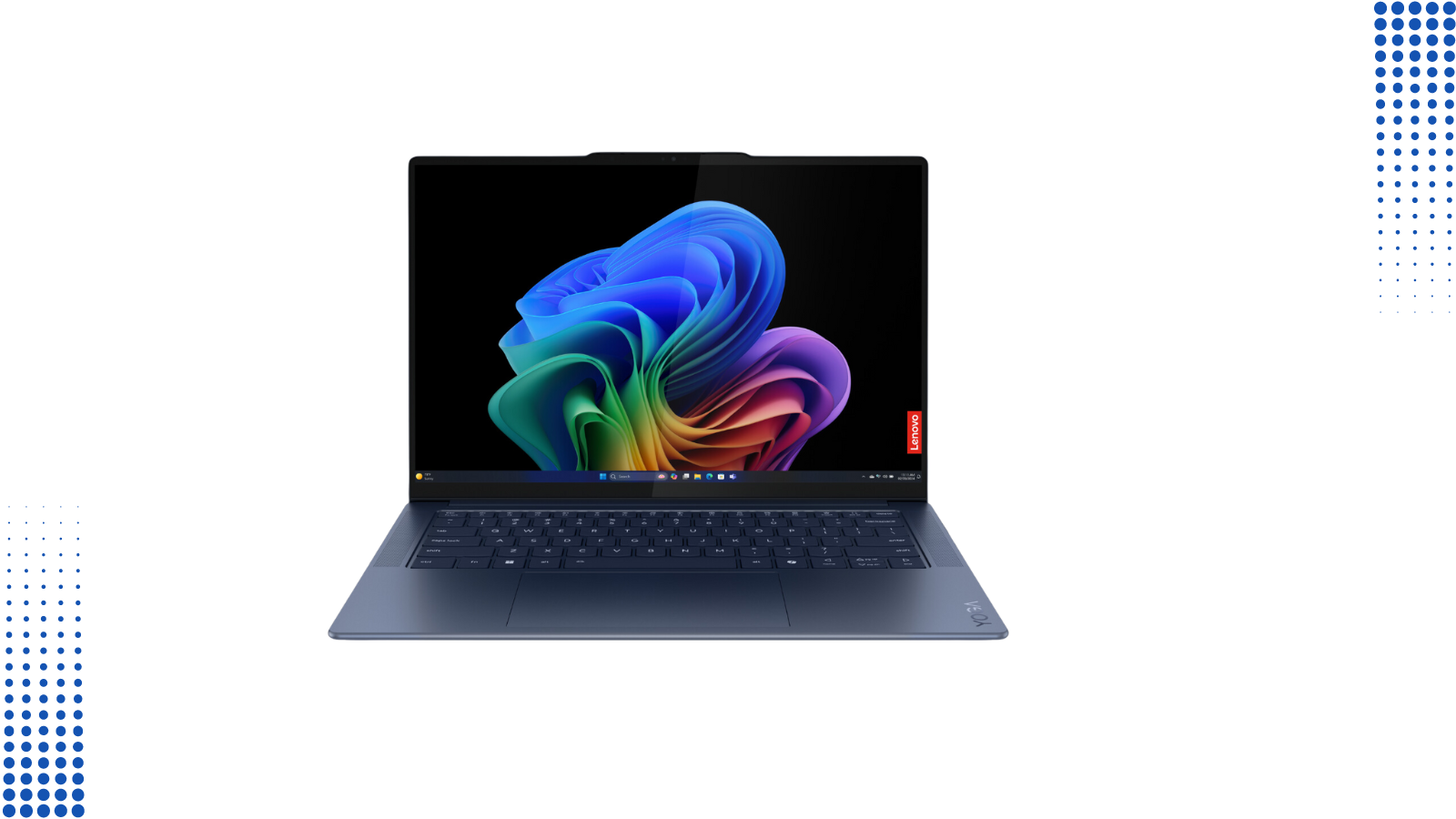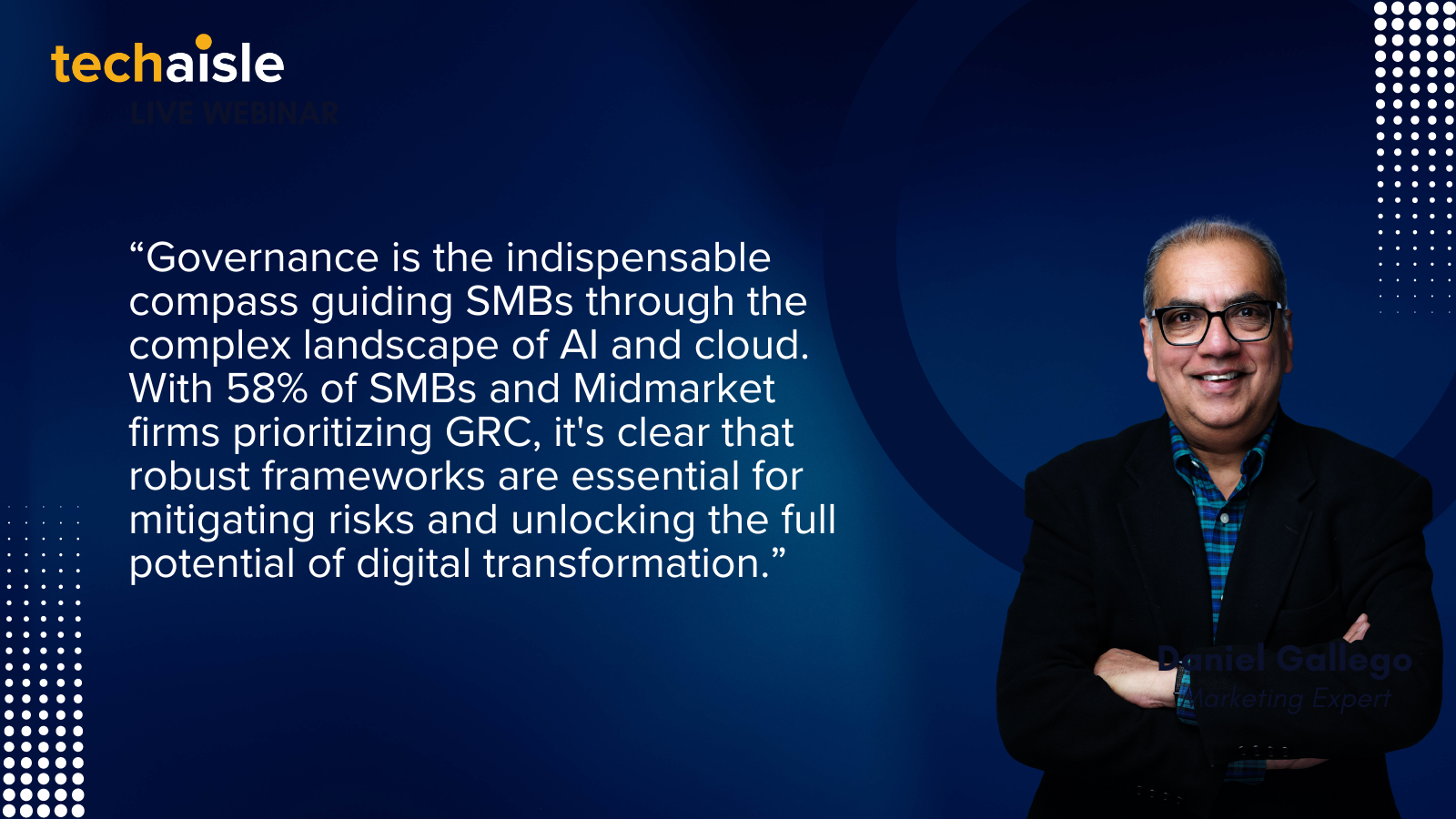Techaisle’s recent survey of over 2100 businesses shows that 53% of midmarket firms have shifted their focus to smaller AI wins as they result in reduced risk, faster ROI, enable flexibility, build trust and capability, and target specific immediate pain points. These early wins can serve as a springboard for more significant, more ambitious AI initiatives, ultimately driving long-term growth and success. This trend was first highlighted on July 31st during a podcast recording, where I was asked about the specific AI trends Techaisle and I were watching. My response was clear: small wins. This insight was grounded in our data-driven research, and the evidence presented in this article further supports this conclusion.
Pursuing smaller, more manageable AI projects is increasingly becoming the preferred strategy for midmarket firms. This shift is primarily driven by a series of significant roadblocks hindering the widespread adoption of AI.
A staggering 82% of midmarket companies cite cost and a lack of sufficient investment as primary obstacles. The substantial financial commitment often required for large-scale AI initiatives burdens these organizations considerably. Additionally, 63% of midmarket firms grapple with insufficient technology infrastructure, highlighting the need for robust IT systems to support AI applications.
Uncertainty also plays a significant role. 59% of midmarket companies express a lack of clarity on AI implementation, underscoring the complexity and challenges associated with integrating AI into existing business operations. Furthermore, trust and security concerns, cited by 51% of respondents, pose substantial barriers to AI adoption. The sensitive nature of data and the potential risks associated with AI systems have led to a cautious approach among many organizations. Finally, data quality and accessibility remain critical challenges. 38% of midmarket firms struggle with a lack of curated data and the inability to ingest quality data, hindering AI model development and performance. These collective challenges have compelled midmarket organizations to adopt a more pragmatic approach to AI. By focusing on smaller, more attainable projects, these firms can mitigate risks, accelerate time-to-value, and build momentum while addressing the limitations imposed by these roadblocks.
Techaisle data shows that while the preference for small wins is consistent, there are notable differences in the intensity of this preference across vertical industries.



















